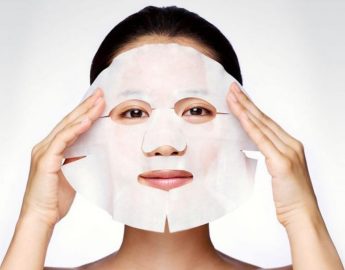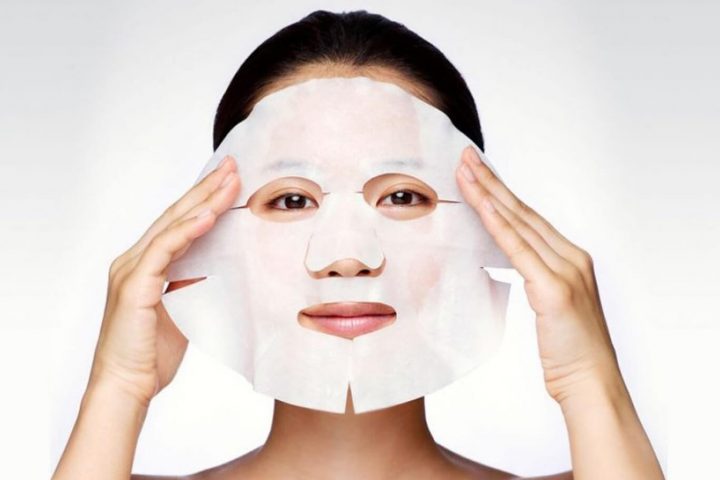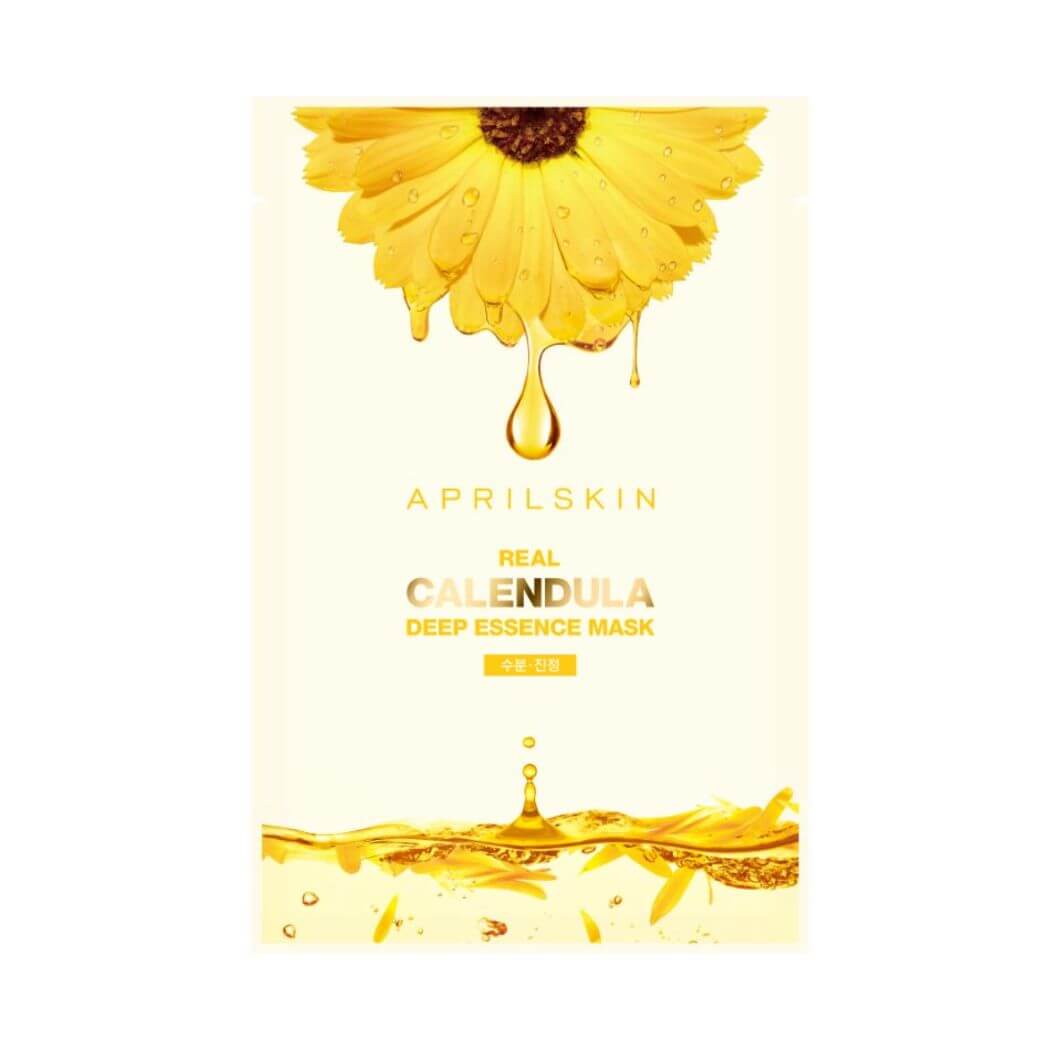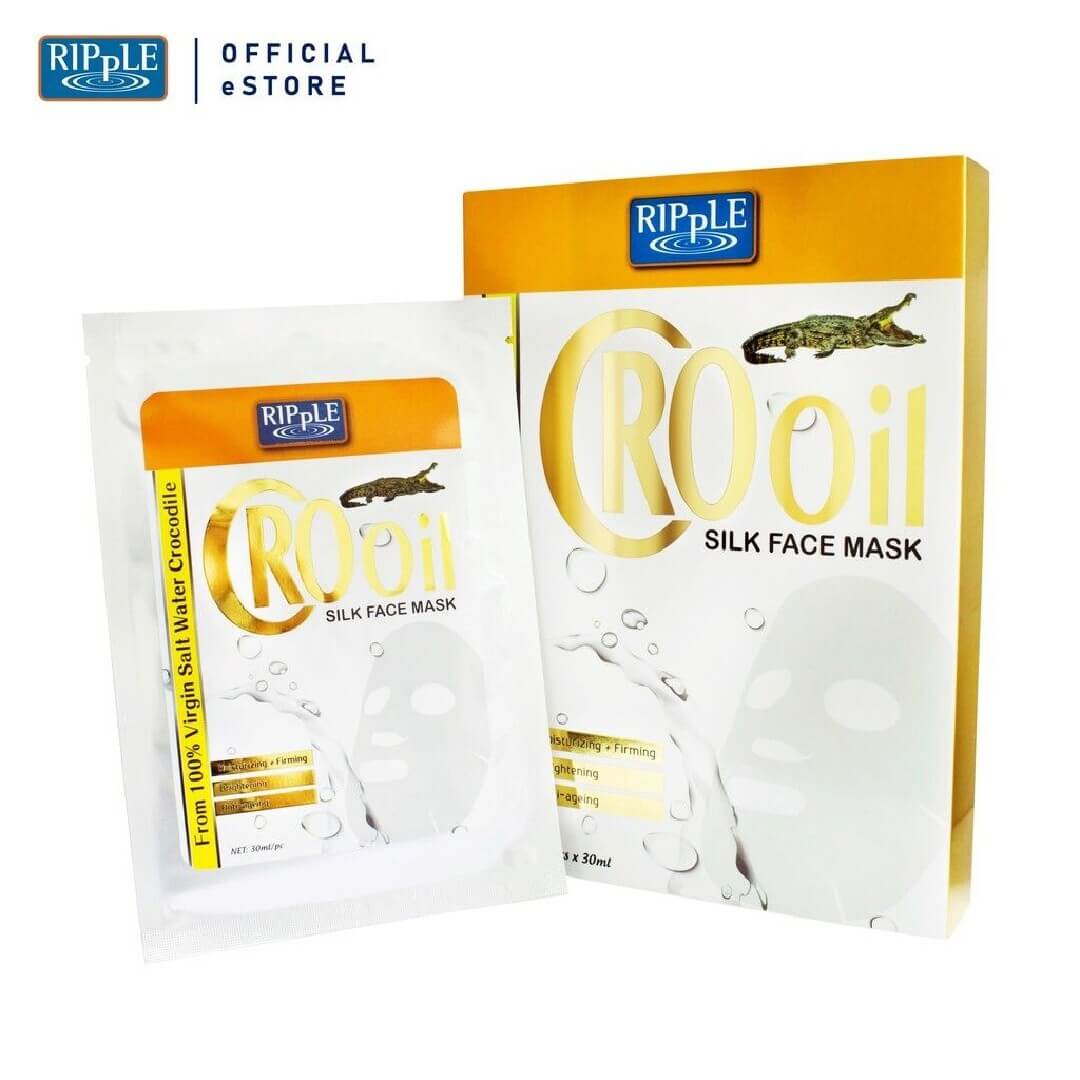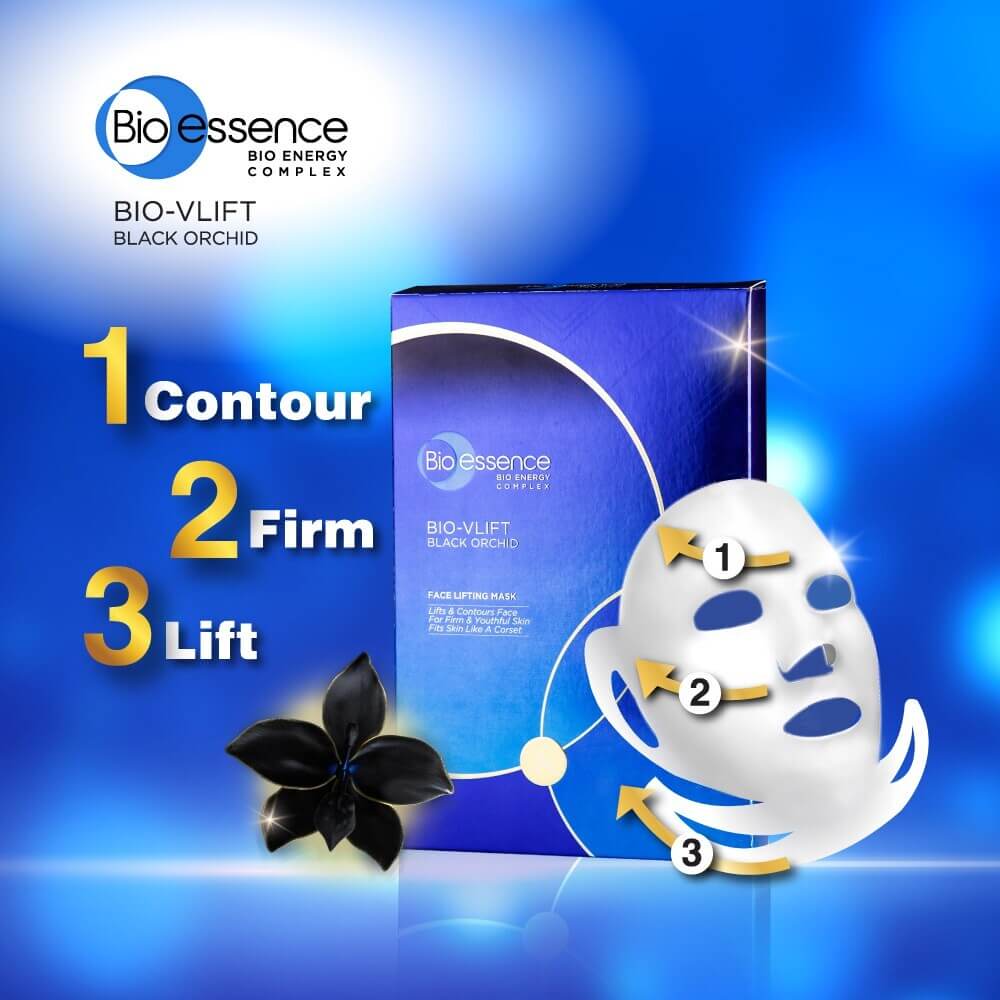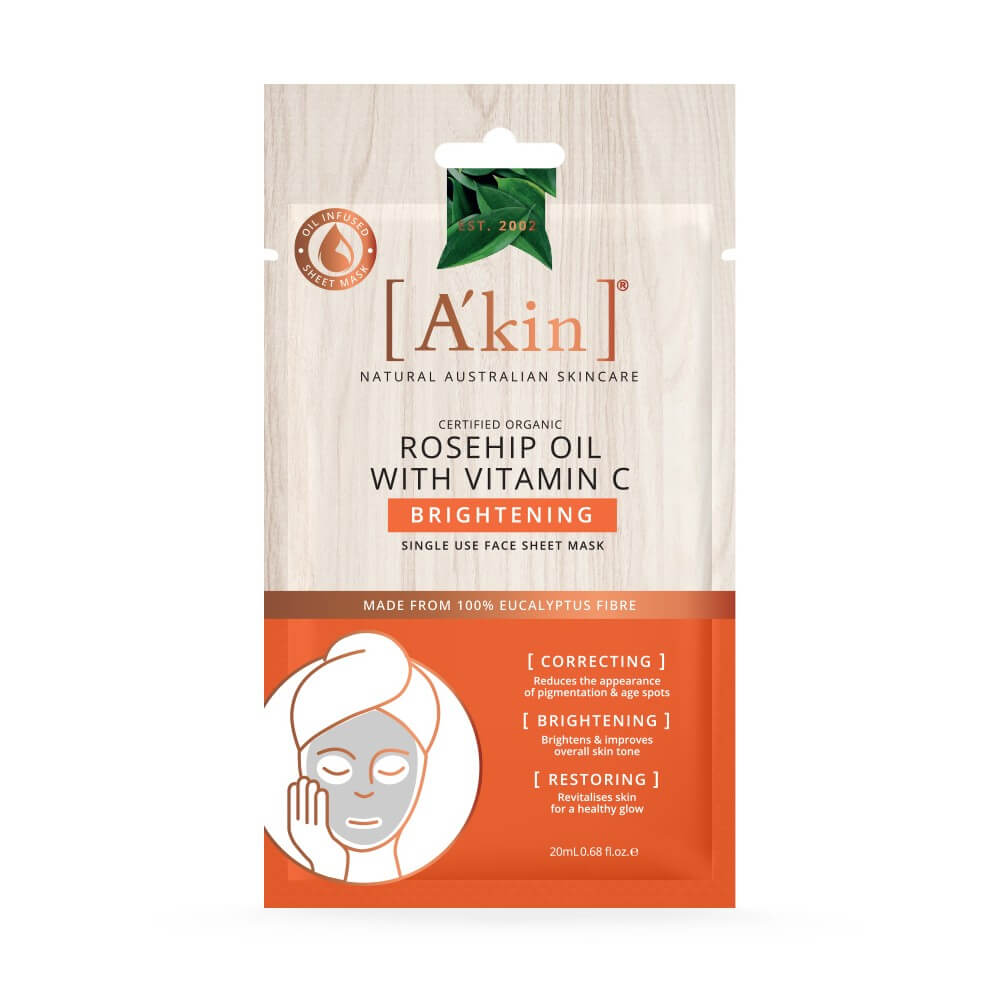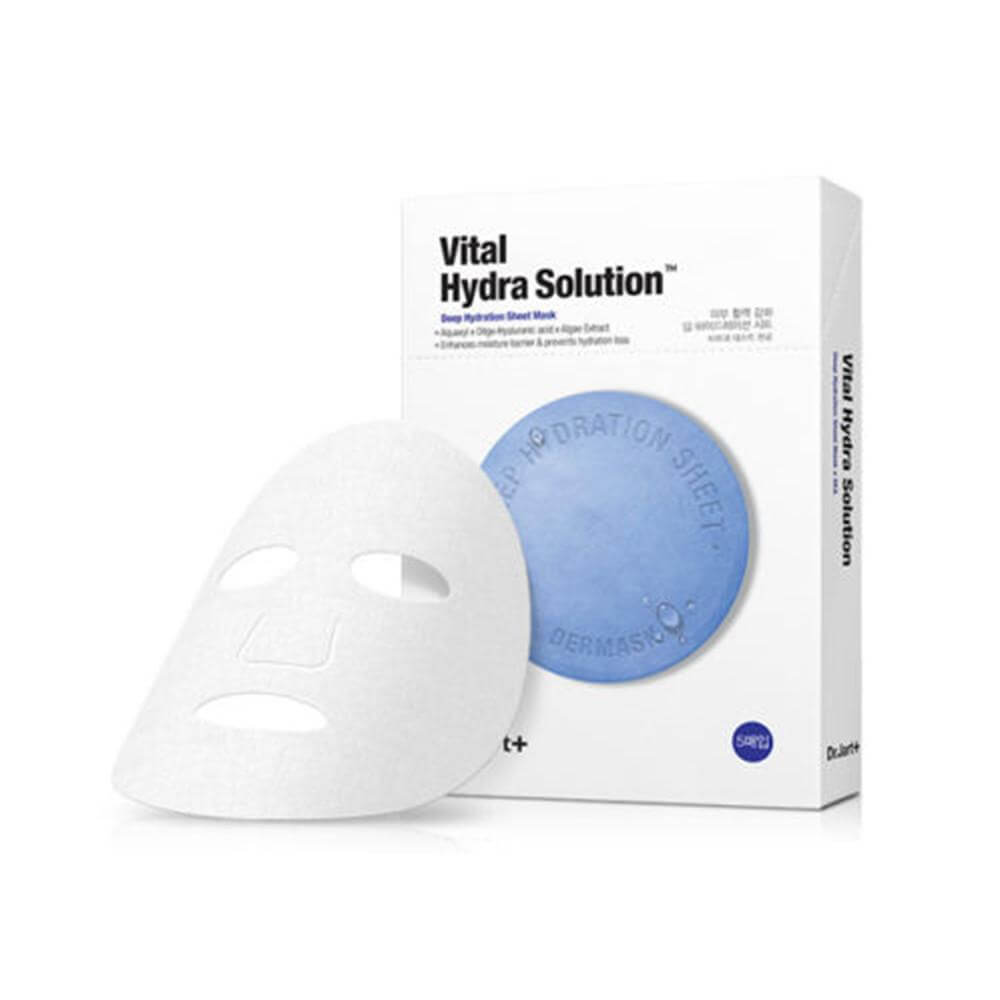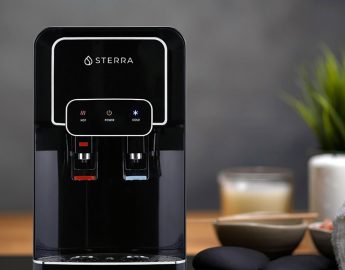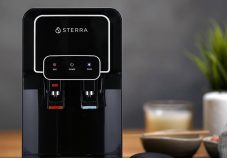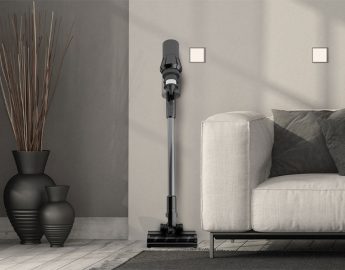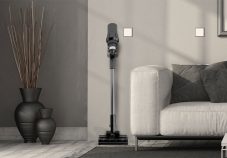Sheet masks have quickly gained popularity due to their ease of use and neat way of taking care of your skin. The particular type of paper is usually soaked in a hydrogel with nourishing properties. Some masks are also designed to help with specific problems, such as aging or acne.
There are numerous options when it comes to sheet masks. Some of them come with natural ingredients, including charcoal, green tea, or aloe vera. Depending on your skin type and objectives, you need to know which sheet mask is most beneficial. Check out the following sections to find out more about choosing sheet masks and the five best sheet masks to buy in Singapore right now [updated 2025]!
Aspects to Consider When Buying a Sheet Mask
In general, sheet masks hydrate your face, brightening it up. In other words, sheet masks can still be beneficial, regardless of your skin type. However, most of them are formulated with unique active ingredients that can help you improve your skin or target specific issues.
Normal/ Combination Skin
If you have normal or combination skin, most sheet masks will be suitable for you. This is because combination skin means that you have normal or dry patches combined with oily parts. The sheet mask will help you hydrate them without leading to a greasy feeling in contact with the oily patches. In terms of normal skin with normal pores and sebum production, sheet masks can deeply hydrate while keeping aging signs at bay.
Dry Skin
Dry skin usually has tiny pores, and, as the name suggests, your dermis doesn’t produce enough natural oils. This makes you prone to wrinkles and other conditions, including irritation when you are dehydrated. For the best results, you should look for sheet masks that have moisturizing ingredients similar to natural sebum. Some examples include ceramides, botanical oils, and squalene.
Oily Skin
You may notice your skin getting shiny during the day, and you perhaps have larger pores. Most people with an oily face opt for clay masks; however, sheet masks are less messy and can be used more efficiently.
Since the extra oil protects and hydrates your skin, you may disregard your hydration levels. However, you should keep in mind that hydration refers to the amount of water in the skin, not oil, so an oily complexion is not immune to dehydration. Apart from this, you may want to go for natural active ingredients that help with excess sebum production, such as salicylic acid, charcoal, and tea tree oil. However, make sure you read the label and choose masks with fewer emollient oils.
Consider Ingredients and Properties
Several popular ingredients are used for specific concerns. Some of them include:
- Hyaluronic acid restores and hydrates skin; it is often used on oily complexions because it does not enhance sebum production.
- Retinol is used for fine wrinkles or aging signs as it helps to tighten and exfoliate while improving collagen production, making your skin more flexible.
- Caffeine is recommended for a “puffy,” dull appearance as it improves the blood flow and brightens up your skin.
- Citrus peel oils may include orange or grapefruit. Citrus is a natural exfoliant used for dull or flaky skin, leaving it glowing and smooth.
- CoQ10 is an antioxidant that protects you against pollution and other environmental damage, scarring, and hyperpigmentation.
- Ginseng stimulates collagen production, makes your skin tighter, and reduces the appearance of fine wrinkles.
- Floral extracts come with anti-inflammatory benefits, ideal for breakout-prone individuals. They also soothe and nourish active blemishes while preventing future ones.
- Salicylic acid is also suitable for breakouts and acne, reducing them significantly.


